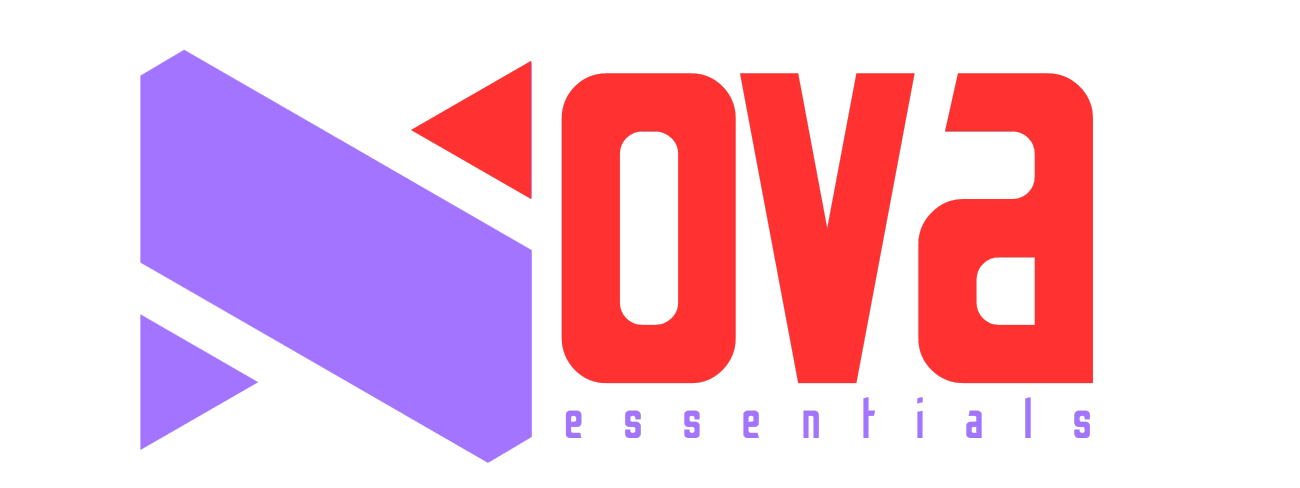
[ad_1]
Students from the University of the District of Columbia (UDC) and the University of Maryland College Park (UMD) earlier this month presented their Alexa Skills final projects to their mentors, Alexa employees, and Amazon leaders at the company’s headquarters in Virginia (HQ2).
AmazonNext, a program within the Community and Emerging Talent (CET) team within the company’s Devices and Services organization’s human resources department, seeks to expand and diversify the pipeline of talent available to the technology industry through a year-long program that includes course and lab work, and a product design challenge.
“One of our leadership principles is bias for action. Instead of bemoaning the fact that we don’t have a large enough pool of diverse talent from which to recruit, we are collaborating with minority-serving institutions, and institutions with a track record of graduating diverse technical talent, to invest in the development of the next generation of builders,” said Tiffany Blacknall Benjamin, a senior program manager, and AmazonNext program leader.
AmazonNext 2022 participants represented a diverse range of backgrounds; 96% of the students identified as Black, Latinx, Native American, multiracial and/or female and 30% were recent transfer students.
During the fall semester, 50 program participants from both UMD and UDC completed a 16-hour Alexa Skills Lab designed by the company’s Alexa Routines team. Through the lab, students were exposed to industry standards for product design and technical review and assigned to groups to collaboratively design and implement an Alexa skill that navigates customers (current and potential Alexa users) to a gallery page of featured routines. Students developed a design document, participated in a peer technical review process and implemented an Alexa customer solution using Amazon Developer and an Amazon Web Services account.
“Partnering as an instructor for AmazonNext reminded me of my former experiences as a tutor at West Virginia University and Johns Hopkins University,” said Oluwatoni Fuwape, an Amazon software development engineer who helped design and facilitate the students’ Skills Labs. “I led students through a skills-learning module focused on Alexa and Amazon’s software development engineering technical bar. The module also included practical application of Amazon’s leadership principles in daily engineering tasks and projects. I was inspired by how the students offered a diverse array of innovative ideas when redesigning experiences for Alexa. Programs such as this give Amazon the opportunity to discover highly talented students with the potential to be future employees or partners.”
The AmazonNext program is an important element of our efforts to enrich the diversity of the national STEM talent pool.
Prem Natarajan, Alexa AI vice president
“Conversational AI systems like Alexa that enable natural language interactions with machines have become ubiquitous over the past decade,” added Prem Natarajan, vice president of Alexa AI, and the program’s executive sponsor. “We are investing in developing and attracting STEM talent from historically underrepresented backgrounds to incorporate a broad set of perspectives while addressing challenges such as maximizing access to these systems, as well as increasing their benefits and utility for all users. The AmazonNext program is an important element of our efforts to enrich the diversity of the national STEM talent pool.”
AmazonNext will continue its collaborations with both UMD and UDC in 2023, and plans to double the number of program participants next year by expanding to additional minority-serving institutions in the region. More information about the program and contact information is available here.
[ad_2]
Source link








